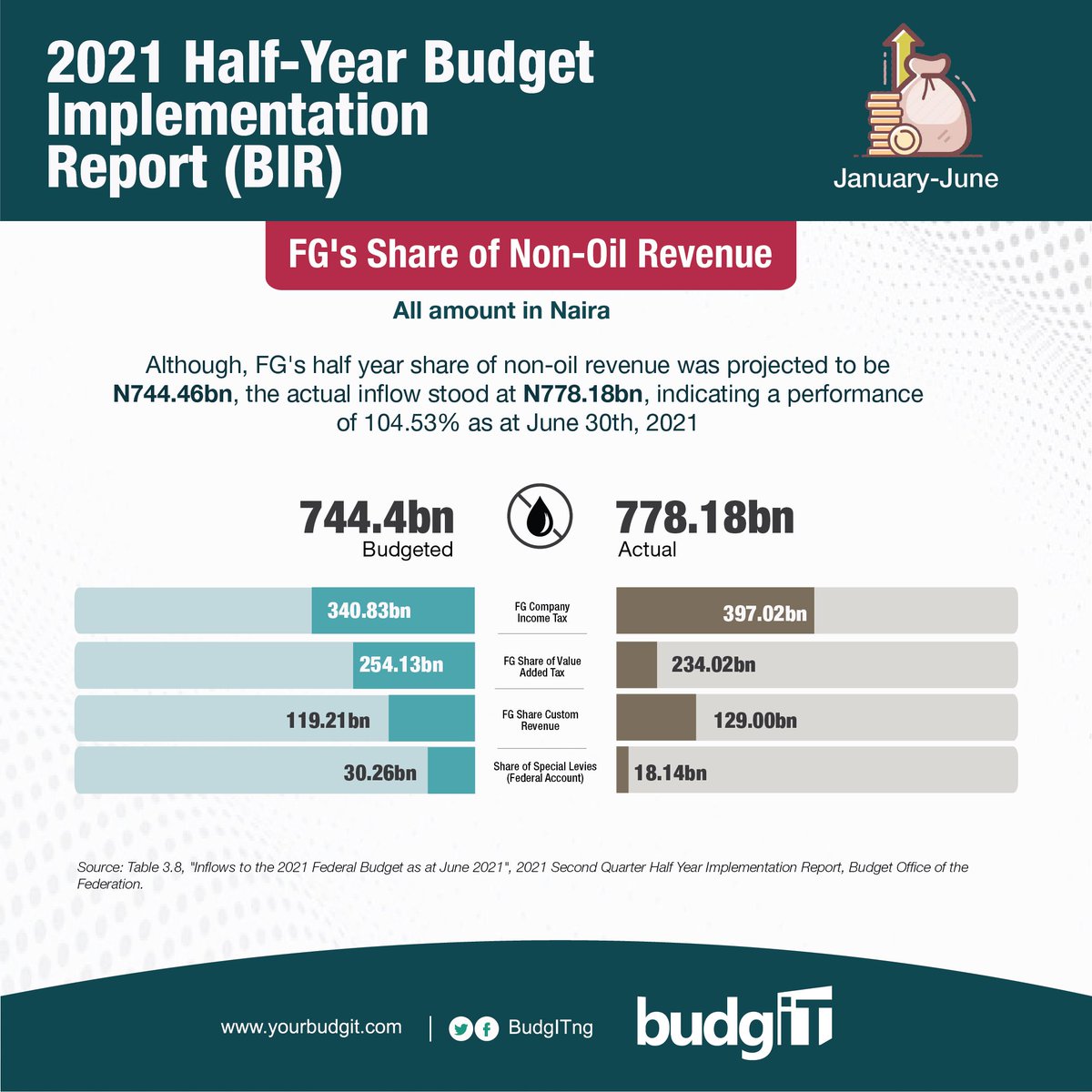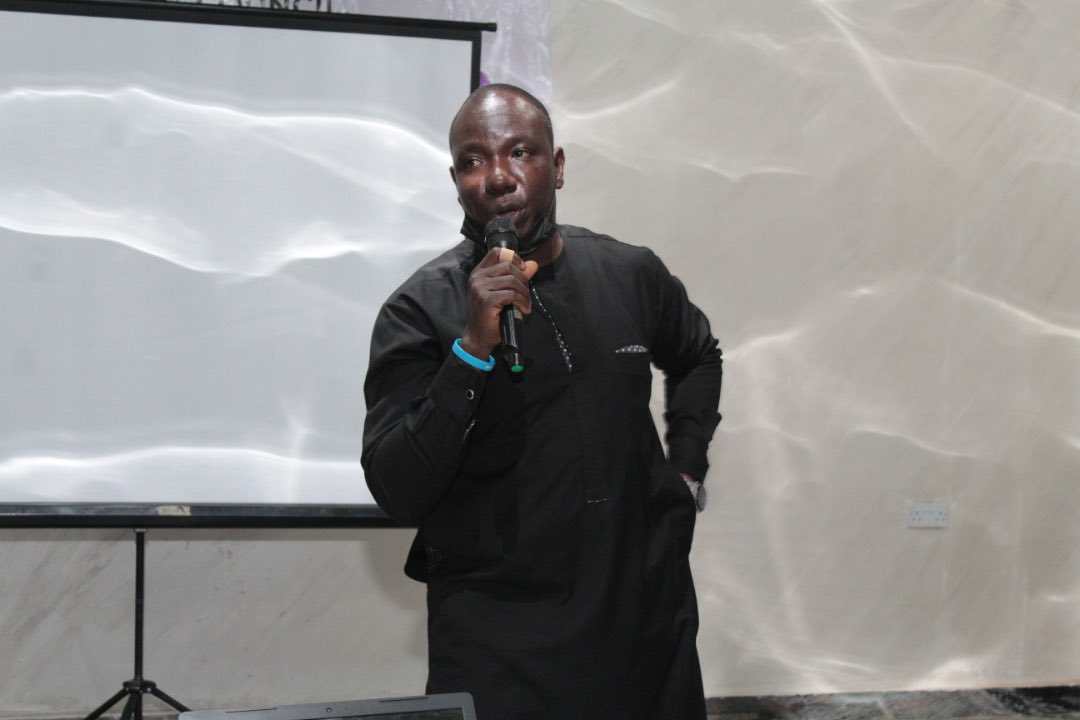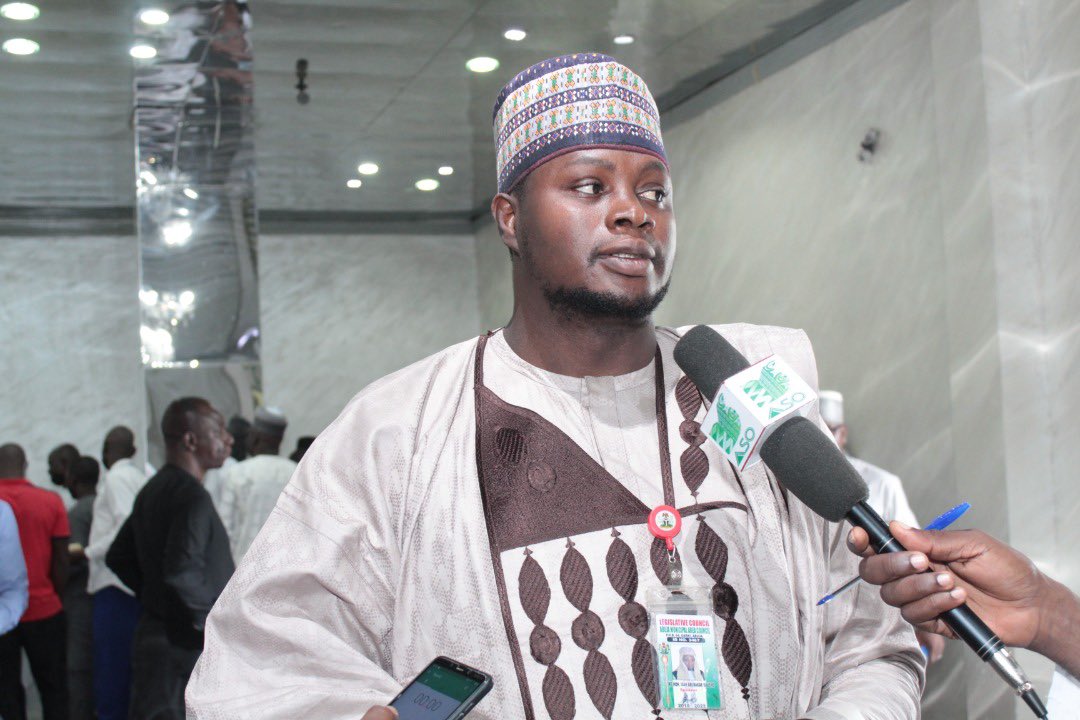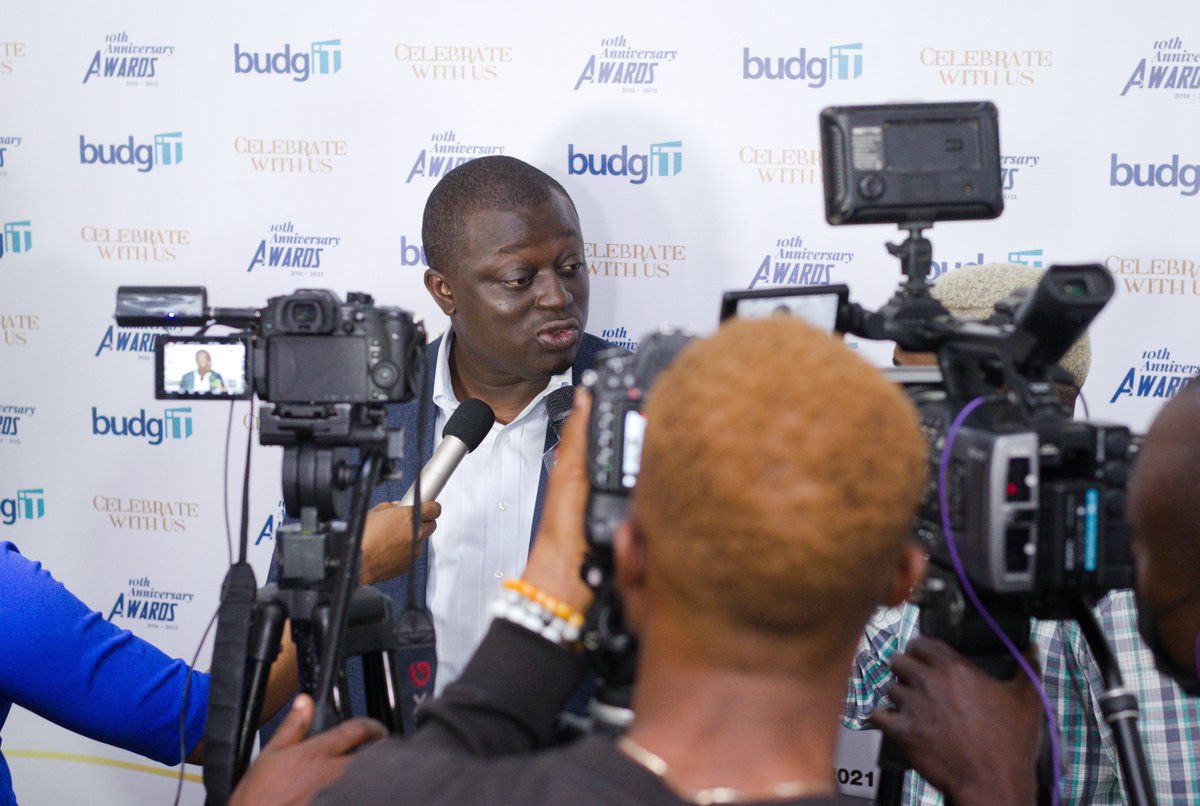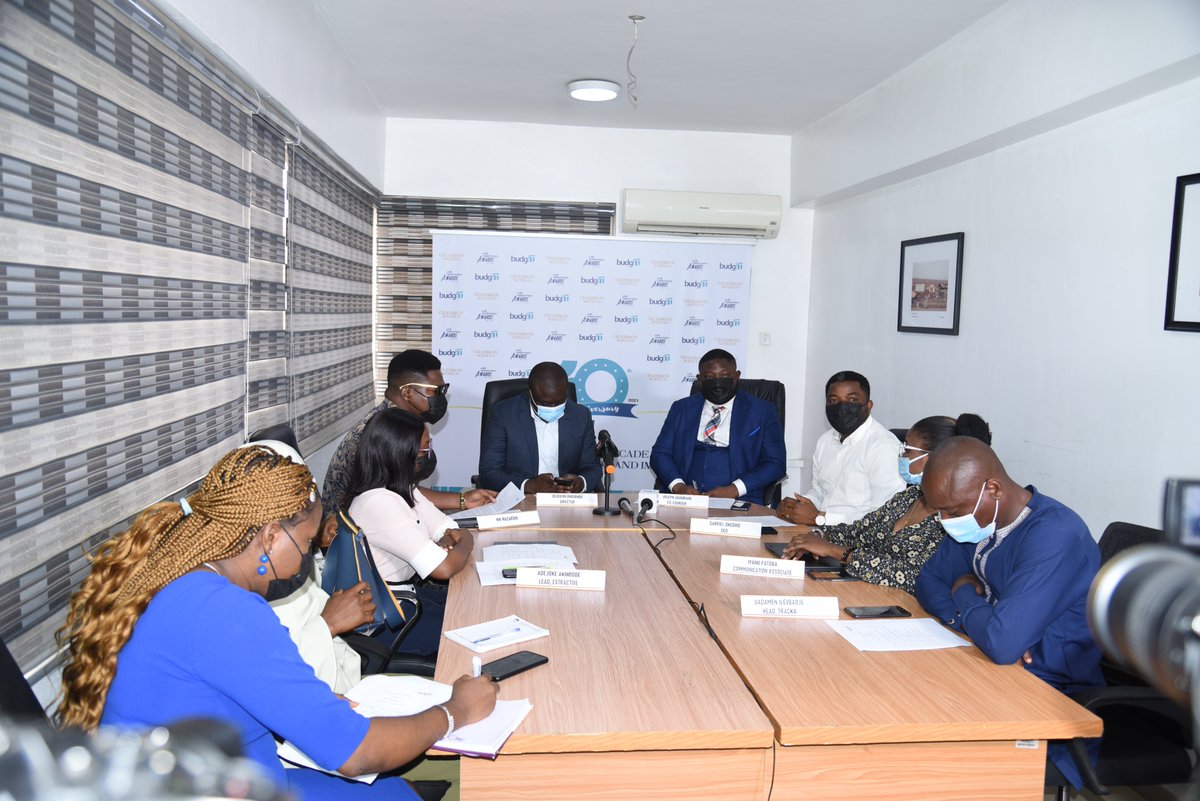
THREAD: What do you know about POVERTY based on new report by @nigerianstat?
The poor is classified as anyone in an household with average spending per person less than N377 per day or N137,430. #EvenitUp
The poor is classified as anyone in an household with average spending per person less than N377 per day or N137,430. #EvenitUp

This means a couple earning combined minimum wage of N60,000 and spending just that on a household with four children, are considered poor by national standards. #EvenITup 

There are also levels in the poverty bracket by national standards. Household size is an important factor. 

17 states are above the National poverty like of 40.1, which means they have highest incidence of poverty . Borno State was not considered in the survey. States 

The NBS report showed impact of education on household expenditure and poverty classification. Those with less formal education tend to be more poor. #Evenitup 

There's no clarity that agriculture as primary occupation for those in rural areas is making them richer. Those in the poverty line especially in rural areas have agriculture as primary activity. #Evenitup 

Poverty is also rife in large households, possibly with more children. There's a huge tendency of poverty in households with more than 10 persons. #Evenitup 



NBS also puts out a disclaimer that it has changed methodology and this report should not be compared with others. #EvenItUp 

• • •
Missing some Tweet in this thread? You can try to
force a refresh








